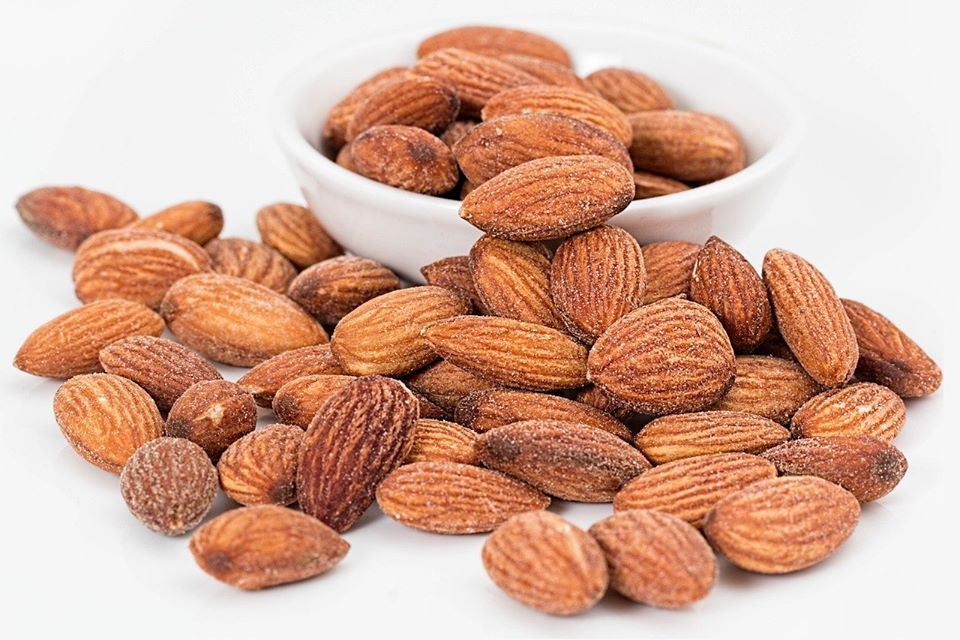 Mari Gregan is a tutor on the QQI L5 Nutrition certificate night class in Gorey Community School. Here, she outlines tips for eating well during the pandemic. During this time of uncertainty and angst, many of us reach for the fridge or snack cupboard for comfort. For many, that can be a normal human reaction. This is a time, however, when keeping our body well is more important than ever. The foods you eat affect your health and wellbeing. Eating healthily can reduce your chances of developing a lot of diseases. In fact, a good diet can improve all aspects of your life from brain function to your energy levels. Food affects every cell and organ in your body. 1. Avoid too much processed junk food.These foods are low in fibre, protein, and vitamins or minerals but are high in ingredients like added sugar and salt. Thus, they provide a lot of empty calories. These foods are engineered to trigger your pleasure centres, so you are tricked into overeating. For some, this can even lead to a food addiction. This includes sugary drinks. These are the most fattening items you can consume. The brain does not recognise the calories from fizzy sugary drinks like food. So, you end up eating way more total calories in the day. Fruit juice can be just as bad in this regard. 2. Eat enough protein.Eating enough protein is vital for good health. Try to include protein with each meal. High protein not only aids in the protection and health of every cell in our bodies, it has also been shown to lower blood pressure and blood sugar levels. Not only that, eating protein gives us the most satisfied feeling and keeps us full for longer, which helps us to avoid reaching for sugary snacks! 3. Eat fruits and vegetables.Fruit and vegetables are loaded with all the good stuff! They are packed with our essential vitamins and minerals and antioxidants. Include fresh, seasonal (where possible) fruit and vegetables in your daily diet. 4. Try to avoid eating a lot of refined carbs.Not all carbohydrates are the same. Some are highly processed foods where the good stuff like fibre has been removed. Stick instead to the whole grains and your fruits and veg. 5. Do not avoid fats in your diet.Fats are necessary in our overall diet. But look for good healthy fats, which do contain some saturated fat. Healthy fats include olive oil, avocados, nuts, chia seeds, dark chocolate, and fatty fish. 6. Take a supplement of vitamin D.Exposure to just 15 minutes to sunlight on your face and arms gives you all the vitamin D you need in a day. But if we are not getting this, it is beneficial to take a supplement. Vitamin D helps the body to absorb calcium which aids bone health. It also plays an important role in our immune health. Other foods to aid the immune system include broccoli, garlic, peppers, spinach, almonds, ginger, green tea, kiwi, and turmeric. 7. Keep hydrated.You need to drink adequate amounts of water for good health. Authorities commonly recommend eight 8-ounce glasses, which is about two litres. 8. Combine healthy eating with other beneficial habits.Exercise with a good diet can help maintain optimal health. It is also crucial to get a good night’s sleep. Remember, that stress also plays a vital role in how we digest the nutrients from our food, so it is helpful to learn ways to help minimise our stress response.
1 Comment
|





